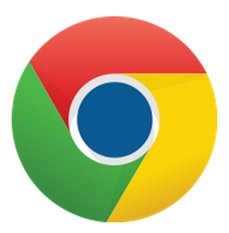Which web browser do you use? If it is Google Chrome, then you may be required to keep your battery chargers ON more often than before. As a laptop user you will be surprised to hear that Google Chrome on Microsoft Windows is actually exhausting your laptop’s battery more than normal. You may have not realized, but the browser is actually consuming more of your laptop’s battery than other browsers like IE or Mozilla.

According to the Forbes article by Ian Morris, Chrome is consuming your battery at the higher rate and even making your system slow down due to a problem caused by “system clock tick rate”.
Why Google Chrome consumes more power than other browsers
As reported by Forbes, on a Windows machine, the “system clock tick rate” is set to approximately 15.625ms which means that your computer processor wakes up 64 times in a second to see what works it needs to be done. But with Google Chrome this value has been increased up to 1000 times in a second to check on events. So now the interval upon which the processor sleeps, have been reduced to a great extent and thus the power consume by the machine get increased up to 25%.
Ian Morris also said that,
“It’s also a problem because, by its very nature, the system tick rate is global, meaning that one application is able to spoil everything, and because regular users don’t care about tick rates, most of us would never know this was a problem.”
Ian Morris had himself done the testing and found out that when the system is in an idle condition and the chrome is running on it, then it consumed 15 to 20 watts, but as soon as he shut down the browser this value drop down to 12 to 15 watts. So now you can see how much energy Chrome browser digests from your laptop on every of its charge.
The solution to this problem is that either you stop using Chrome browser and move to other options like Internet Explorer or Mozilla Firefox.
However, Google has finally paid attention to the bug and have assigned Chrome team to fix it on a priority basis.
Leave a Reply